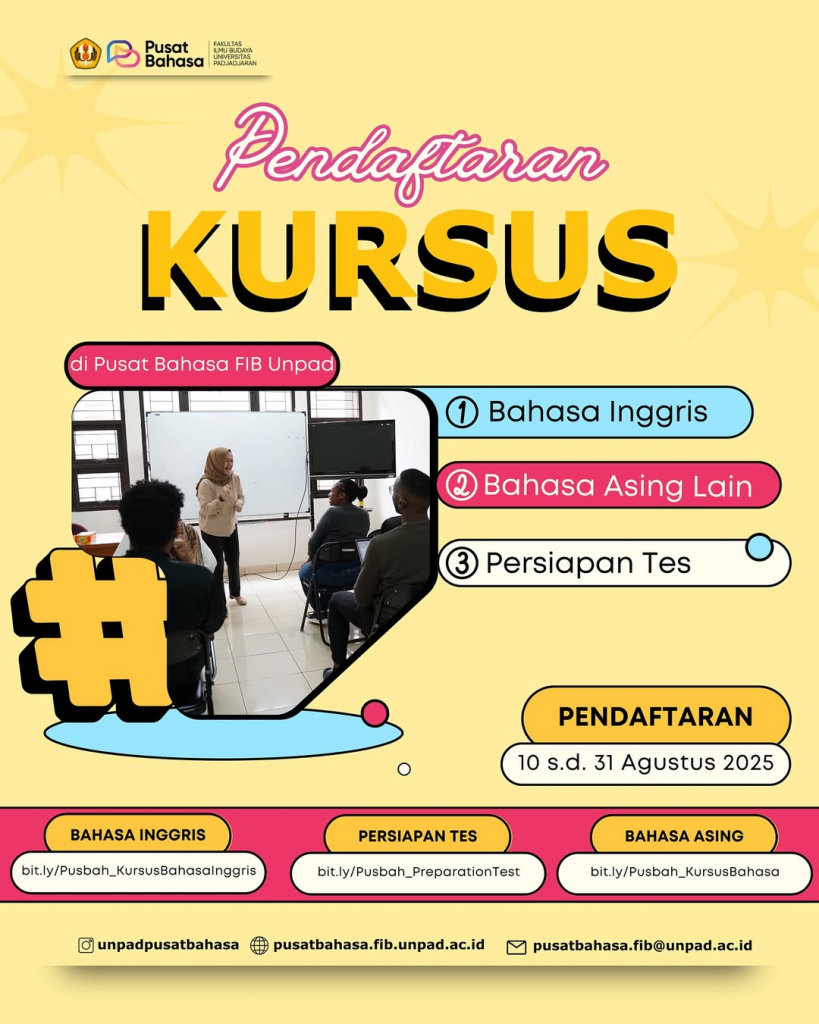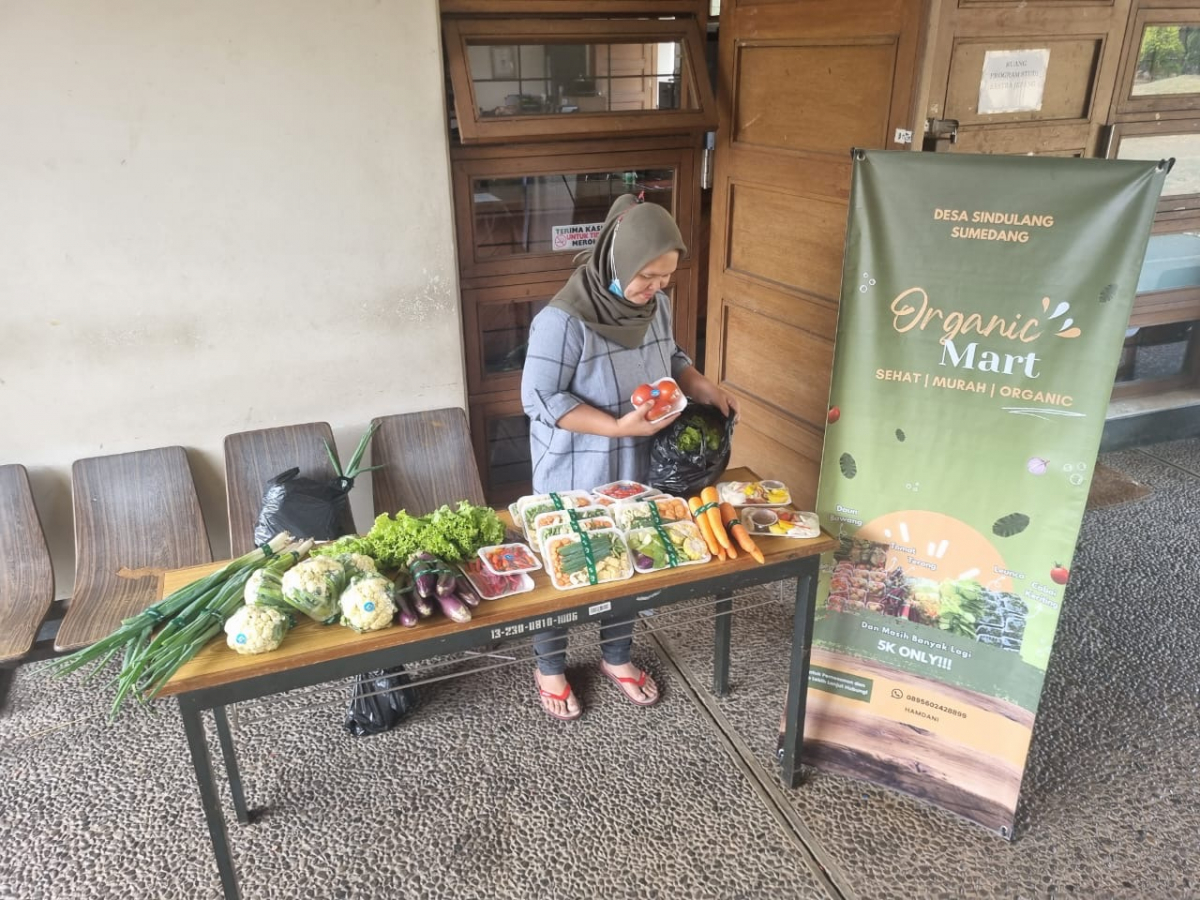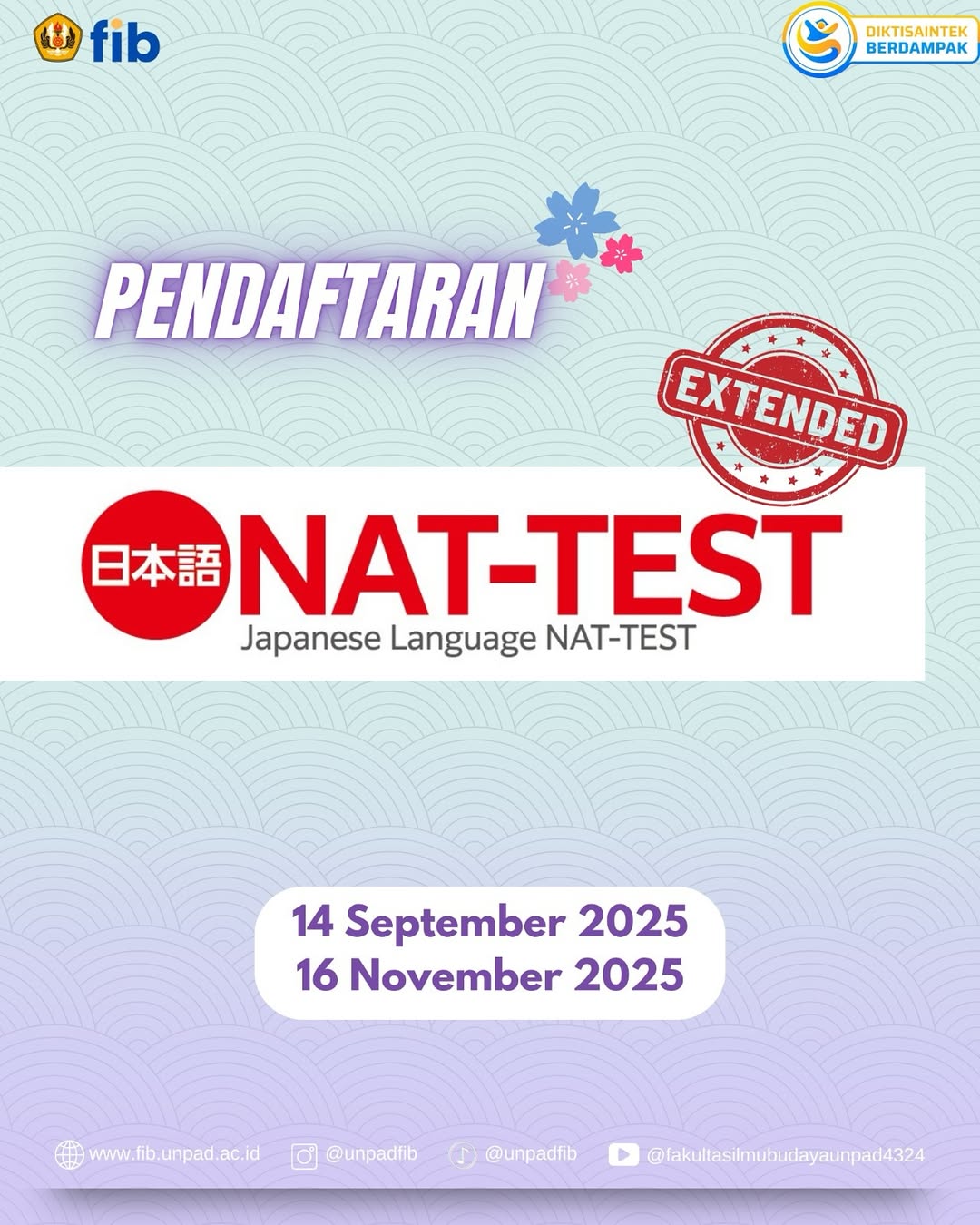
Open Classes, Open Doors: Language Training for All at FIB Unpad
Jatinangor, September 1st, 2025 — When we sat down with Bu Vincentia Tri Handayani, Head of the Language Center at the Faculty of Cultural Sciences (FIB) Universitas Padjadjaran, she began by tracing the center’s long history.
“People often think the Language Center started in 2007,” she said, “but the roots go back to the early 1980s with BIPA—Bahasa Indonesia untuk Penutur Asing. That program was part of a government initiative to introduce Indonesian language and culture to the world, and universities like ours were asked to help.”
According to Bu Vincentia, the Language Center itself grew out of a simple need. “Originally, it was just a service to provide English tests for our own campus community. But the demand kept increasing, and soon we were collaborating with government agencies and private institutions. That’s how it developed into what we have now.”
The center isn’t just for students. “Our courses are open to everyone, members of the public as well as the Unpad academic community,” she explained. “We offer a wide range of languages: English, French, Japanese, Russian, German, Arabic, Mandarin, Sundanese, and of course Indonesian for foreign speakers. People are especially interested in private or group classes to prepare for TOEFL, IELTS, TOEIC, or ELT.”
She highlighted how the programs are designed. “Our training team creates modules and materials tailored to each participant’s needs. We regularly update our teaching materials and test questions, and we use an active, practical method so people can really improve their language skills.”
Bu Vincentia added that giving back is part of their mission and that providing free training for faculty staff and lecturers is the faculty’s way of contributing to the community that supports us.
For Bu Vincentia, the Language Center has become a meeting point between the university and the wider community. “People come with different goals. Some for work, some for study abroad, some just out of curiosity,” she noted. “What matters to us is that they find a place where learning a language is practical and accessible.”
Red. Dhia Anaulva Putri




